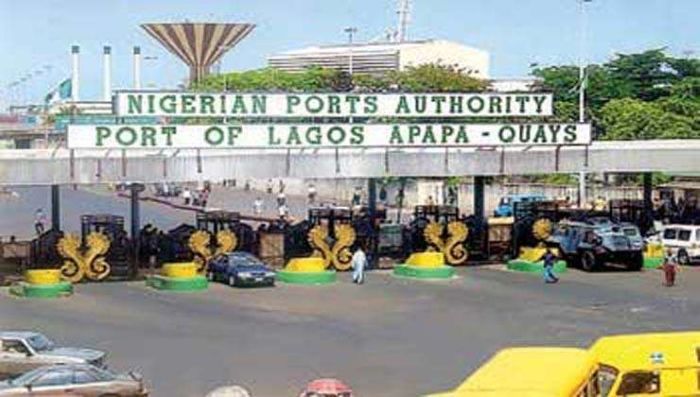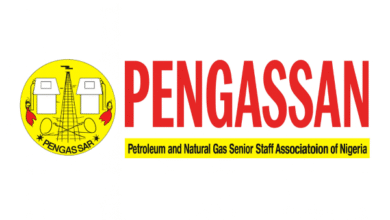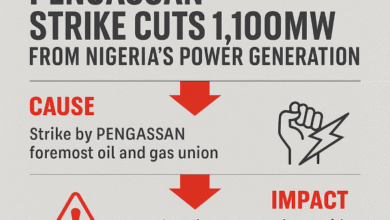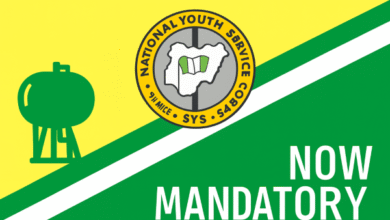Apapa Crackdown: NPA Warns Four Terminals on Pollution

Lagos — The Nigerian Ports Authority (NPA) has issued formal warnings to four terminal operators at Apapa Port for environmental pollution and lease-breach infractions, ordering corrective measures—such as stack/funnel reconfiguration and combustion controls—with inspections and deadlines set before sanctions kick in.
Running Nigeria’s busiest port is equal parts ops, environment, and security. Debo Lawal, Apapa Port Complex Manager, says the Authority has moved from advisory to enforcement mode, dispatching physical inspections and serving warning letters to four terminals whose activities are degrading air quality and breaching lease obligations on housekeeping and emissions control.
A case in point: a factory’s exhaust funnel was directing harmful emissions into a neighbouring terminal. Management’s directives: re-angle the stack, install combustion controls, and meet specific compliance deadlines—all aligned with international best practices. The message is clear: NPA wants clean, orderly NPA Apapa terminals and will escalate from engagement to penalties where operators stall.
Why this matters—for trade, costs, and risk
- Throughput & uptime: Cleaner yards reduce downtime from haze, dust, or equipment fouling; better visibility and safety keep gates moving.
- Cost of capital: Terminal operators with documented ESG compliance generally access cheaper financing and win line calls from carriers with green mandates.
- Regulatory risk: Persistent breaches can trigger sanctions, costly retrofits, and potential lease repercussions—a material P&L and reputation hit.
What NPA is tightening now
- Inspections → Directives → Deadlines → Sanctions: Engagement first, but penalties exist for non-compliance.
- Source control: Stack/funnel adjustments, burn efficiency/combustion tuning, dust suppression, and yard housekeeping.
- Evidence-based enforcement: Complaints validated via on-site inspections; follow-up visits to confirm fixes.
Security posture ahead of peak season
With September–December the heaviest import window, the NPA Apapa port is also hardening security: joint patrols between the NPA security unit and marine police, plus additional watercraft for waterside response. That mix—environmental compliance + security discipline—is designed to protect throughput during year-end volume spikes.
By the Numbers
- 4 terminals: received warning letters for environmental breaches.
- 1 factory exhaust: ordered to reconfigure funnel and add combustion controls.
- Peak season: Sep–Dec; patrols and police water vehicles scaled up.
What to Watch (Next 60–90 Days)
- Compliance milestones: Are stack adjustments, dust suppression and waste controls installed and certified on time?
- Air & yard metrics: Visible reduction in smoke/particulate, improved yard cleanliness, fewer complaints from adjacent terminals.
- Enforcement follow-through: Any fines or lease actions where directives are missed.
- Peak-season resilience: No security-related closures; steady truck turn times and vessel productivity.
BRANDECONOMY Take
NPA Apapa’s competitiveness will be won on predictable operations and clean terminals. NPA’s sequence—inspect, direct, deadline, sanction—is the right lever. The commercial dividend is real: compliant terminals suffer fewer stoppages, attract ESG-sensitive cargo owners, and lower lifecycle costs through better equipment health.
What operators should do now: Lock in a Compliance Playbook—stack testing and re-engineering, fuel/combustion audits, dust/waste SOPs, and third-party verification. Publish a quarterly ESG dashboard to pre-empt enforcement and to reassure lines, cargo owners, and lenders that Apapa is open—and clean—for business.
FAQ
What triggered the warnings?
Verified environmental breaches—including emissions impacting neighbouring terminals—and lease-condition violations on housekeeping.
Will terminals be fined immediately?
Not first—engagement and directives come with deadlines. Sanctions follow if operators miss those milestones.
How is security being handled?
NPA security and marine police are running joint patrols with extra watercraft deployed ahead of peak traffic.











